
THREAD: chinas military
LifeLine™ Media threads use our sophisticated algorithms to construct a thread around any topic you want, providing you with a detailed timeline, analysis, and related articles.
News Timeline


BRITAIN’S Bold Military Boost to Ukraine: A Game-Changer?
— Britain announced a major military support package for Ukraine, pledging over $580 million alongside Norway. This aid includes drones, radar systems, and anti-tank mines. The goal is to strengthen Ukraine’s defenses against the ongoing Russian invasion.
Ukrainian Defense Minister Rustem Umerov stressed the need for advanced air defense systems like Patriot missiles. He urged Western allies to supply these systems to shield Ukrainian cities from Russian ballistic threats, noting that such equipment is available among Ukraine’s partners.
Russia holds a strategic edge as the conflict enters its fourth year. Ukrainian officials expect a new Russian offensive aiming to boost their position in ceasefire talks. The situation remains tense with both sides gearing up for possible escalations.
The 27th meeting of the Ukraine Defense Contact Group was held in Brussels, led by Britain and Germany. U.S. Defense Secretary Pete Hegseth was notably absent but joined via video after returning from Panama earlier this week.

CHINA’S 34% Tariff Shock: How It Could Hurt American Wallets
— China has slapped a 34% tariff on U.S. goods, ramping up trade tensions. This follows recent U.S. tariffs on Chinese imports, sparking fears of a trade war.
Experts warn these tariffs might harm American businesses and consumers by raising prices and slowing economic growth. Washington is concerned about undoing post-pandemic recovery efforts.
The Trump administration is considering countermeasures and may seek international support to tackle China’s trade practices. This situation has ignited debates over the future of U.S.-China relations and global trade dynamics.
Financial markets reacted quickly, with stocks dropping due to fears that escalating conflicts could further destabilize the global economy. These developments could significantly affect both U.S.-China relations and international markets.
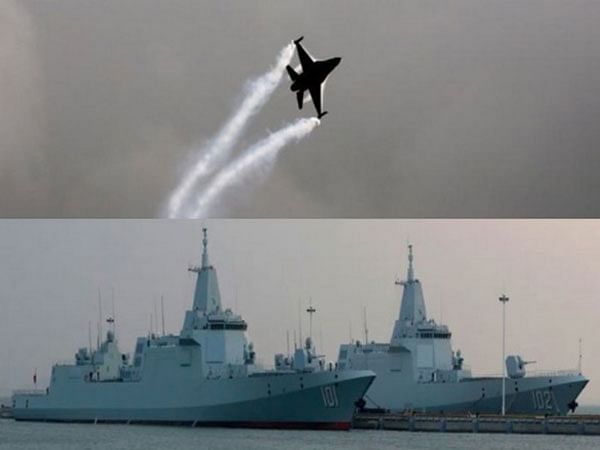
CHINA’S Aggressive Moves Near Taiwan Spark Fears
— Taiwan has spotted 11 Chinese military aircraft and nine vessels close to its territory. This highlights the rising tensions between China and Taiwan.
China’s United Front Work Department has created a misinformation unit, boosting efforts in cognitive warfare against Taiwan. This shows China’s strategic focus on psychological operations in the area.
These military actions stress Taiwan’s need to stay alert as China increases its maneuvers. The situation demands global attention to maintain regional stability and peace.

CHINA’S Military Moves Near Taiwan Stir Global Concern
— Taiwan has spotted 11 Chinese military aircraft and 9 vessels close to its territory. This marks a major increase in China’s military activity around Taiwan.
China is also boosting its cognitive warfare against Taiwan by setting up a misinformation unit within its United Front Work Department. This move raises fears of rising tensions in the region.
In other news, AIM Vaccine’s improved diploid rabies vaccine has been approved for clinical trials. The new vaccine promises better results than current options, highlighting AIM’s innovative power on the global stage.

SOUTH CHINA SEA Showdown: Rising Fears and Global Stakes
— Armed forces from several nations are boosting their presence in the South China Sea, raising tensions over territorial claims. Chinese naval vessels have confronted American warships in disputed waters, leading to close encounters. The United States reaffirms its commitment to freedom of navigation, while China insists the area is under its sovereignty.
Regional allies like Japan and Australia are worried about the rising tension and call for diplomatic solutions. Chinese vessels have intercepted U.S. Navy ships during routine operations, prompting condemnation from the U.S. State Department. In response, China defends its actions as protecting sovereignty and warns against foreign provocations.
Both sides prepare for possible military drills in the region, raising fears of accidental conflict. Analysts warn that ongoing military posturing could trigger a major geopolitical crisis affecting trade routes and international relations across Asia-Pacific.
The situation demands careful handling to avoid unintended escalation and maintain regional stability as tensions continue to simmer in these contested waters.
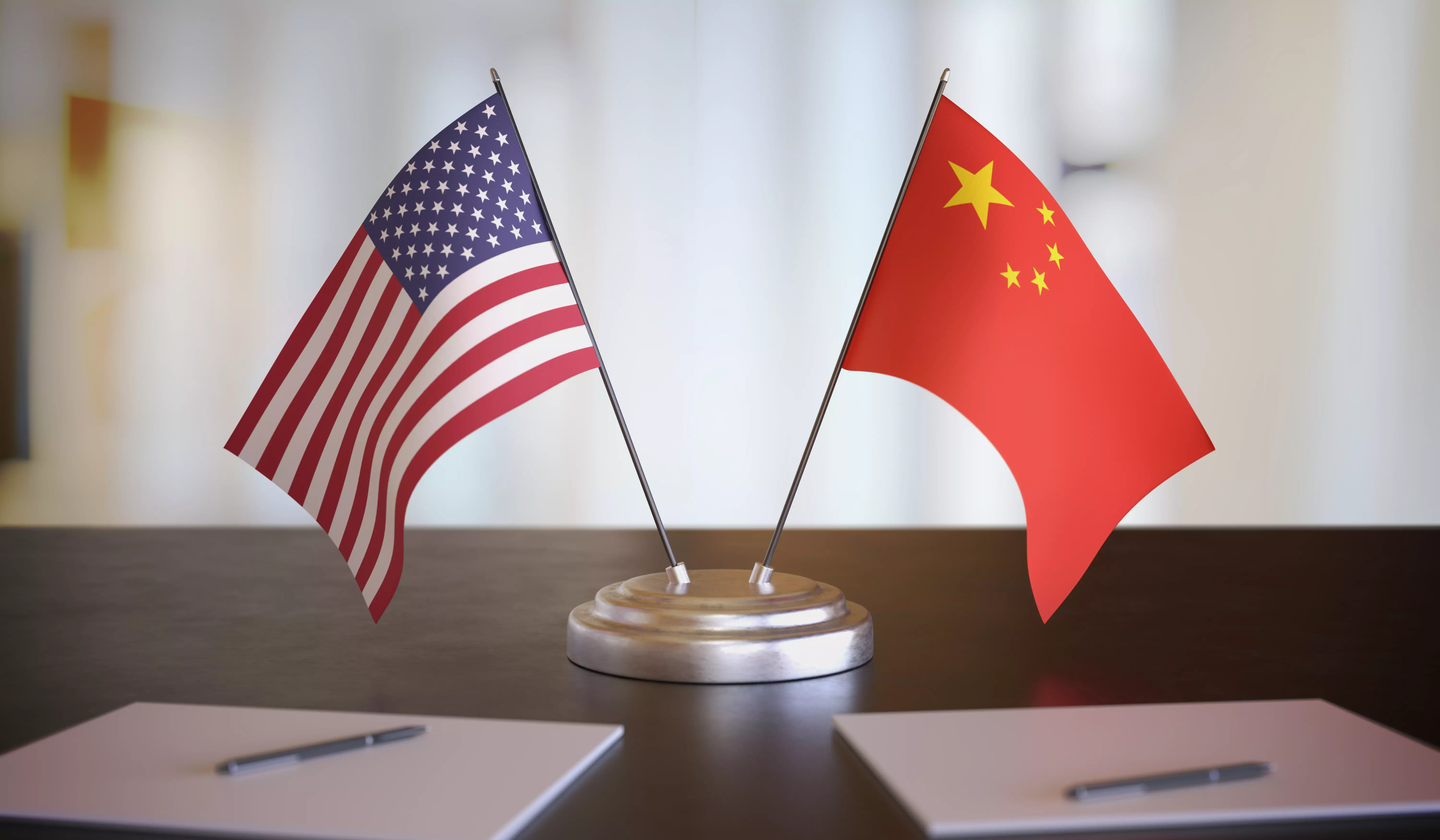
CHINA WARNS of Escalation Over US Tariff Moves
— China has issued a stern warning in response to recent U.S. tariff challenges, signaling potential escalation if tensions continue. A Chinese official stated that the situation could worsen dramatically if provoked further by the United States. Beijing remains committed to supporting its economy while criticizing U.S. actions as aggressive and harmful to international trade relations.
TAIWAN RALLIES UKRAINE SUPPORT Against CHINA THREATS
Taiwan is reportedly teaming up with Ukrainian companies to develop contingency plans due to rising tensions with China. This strategic move aims at bolstering Taiwan’s defenses and ensuring economic stability against potential threats from mainland China.
CONGO VIOLENCE SURGES, Raising HUMANITARIAN ALARMS
The conflict in the Democratic Republic of the Congo has intensified significantly, raising alarms over worsening humanitarian conditions. Local reports highlight increased violence, prompting international scrutiny of the situation’s impact on civilians.
South Sudan faces political turmoil following the arrest of a key military leader, confirmed by a vice-presidential spokesperson. This development threatens the country’s fragile peace deal amidst ongoing internal conflicts and power struggles. These stories underscore current geopolitical challenges as of March 5, 2025, reflecting a dynamic landscape

CHINA STRIKES Back: US Farmers Face Uncertain Future in Trade WAR
— China swiftly hit back at new U.S. tariffs by imposing higher import taxes on $21 billion of American agricultural goods. This move ramps up tensions between the world’s two largest economies, edging them closer to a trade war.
Despite the increased tariffs, China’s futures markets stayed steady, showing strength amid this economic clash. The Chinese government has stated it won’t be cowed by these new actions from the Trump administration.
This situation highlights the growing economic rivalry and its impact on global trade relations, especially in agriculture — a vital sector for both countries. As this dispute unfolds, American farmers might struggle to keep their export markets in China.
:max_bytes(150000):strip_icc()/GettyImages-2192142603-a439d21d07ef4ace9708e5f08f188b0b.jpg)
CHINA’S Tech Boom: How Deepseek AI is Shaking Global Markets
— China’s tech industry is booming, thanks to the rise of the DeepSeek AI model. Major companies like Alibaba, Baidu, and Xiaomi are seeing big benefits. This surge has pushed Hong Kong’s Hang Seng Tech Index up this year.
Alibaba, co-founded by Jack Ma, stands out in this market rally. The company’s growth shows the broader impact of tech advancements on China’s economy. Investors are watching these changes for possible global effects.
The rise in China’s tech stocks might affect U.S. investments and international trade ties. As U.S. markets close with small changes in the S&P 500, global investors keep an eye on shifts in Chinese tech trends.
This ongoing rally highlights China’s growing influence on worldwide economic dynamics, making it a key player to watch in global markets.

US RECLAIMS PANAMA Canal: A Bold Move Against China
— Panama’s President José Raúl Mulino announced plans to end a major development deal with China after meeting U.S. Secretary of State Marco Rubio. This decision comes after President Trump raised concerns about China’s influence over the Panama Canal, a key shipping route connecting the Pacific Ocean and the Caribbean Sea. Mulino stressed that Panama’s control over the canal remains firm but showed interest in boosting ties with the United States instead of renewing its 2017 agreement with China’s Belt and Road Initiative.
On his first international trip since confirmation, Secretary Marco Rubio promised to further America’s interests in Panama. He emphasized his dedication to advancing President Trump’s “America First” foreign policy during meetings with U.S. Embassy staff in Panama City. Rubio declared that the United States will not allow more Chinese control over this strategic waterway, echoing Trump’s resolve to protect American economic interests in global trade routes.
Trump has criticized China’s alleged grip on the canal, accusing Beijing of charging high fees on U.S. ships using this crucial passage built by America and handed to Panama under President Carter’s administration. By refocusing on U.S.-Panama relations, both Trump and Rubio aim to counter what they see as increasing Chinese influence in Latin America’s vital infrastructure projects like the canal itself.

CHINESE AI Revolution: DeepSeek’s Shockwave Hits US Tech Giants
— A new force in artificial intelligence, DeepSeek from China, is shaking up major U.S. tech firms. Their latest AI model, DeepSeek-R1, rivals top U.S. products like OpenAI’s GPT-4 and Google’s Gemini but at a fraction of the cost. This move challenges American dominance and has triggered a massive selloff in tech stocks.
Launched on January 20, 2025, DeepSeek-R1 boasts impressive performance with lower training costs than competitors. Nvidia faced a record market cap drop of over $500 billion — the largest single-day loss in U.S. stock market history — due to this launch. Experts are both amazed and skeptical about DeepSeek’s cost claims, sparking debate on future AI investment strategies.
DeepSeek’s CEO Liang Wenfeng has held closed-door meetings with Chinese leaders to discuss global tech competition implications from their advancements. The rapid rise of DeepSeek has sparked talks about traditional tech investment sustainability and potential industry shifts needed moving forward. Consumers are also interested, as the DeepSeek app topped download charts in both U.S. and China App Stores shortly after release.;

CHINA’S AI Threat: Tech Stocks in Danger of $1 Trillion Wipeout
— Chinese AI startup DeepSeek has shaken global tech stocks, sparking fears about America’s technological advantage. Investors worry about a potential $1 trillion loss in tech value due to rising foreign competition.
The drop in tech shares shows growing concern over the competitive landscape. Major indices have fallen, urging investors to be cautious as the situation develops.
This happens amid wider talks on global trade and economic competitiveness, especially in tech-heavy areas. Experts recommend reassessing portfolios, favoring stable investments over risky tech stocks.
Market analysts emphasize watching these changes closely as they could affect market stability and growth prospects in the technology sector moving forward.

CHINA’S Record Trade Surplus Sparks Global Alarm
— In December 2024, CHINA reached a record trade surplus of $104.8 billion. This was due to a surge in exports before President-elect Donald Trump could impose tariffs. The New York Times reported that China’s export boom is causing friction with many trade partners, not just the United States. Several nations are now erecting tariff barriers against Chinese products to protect their markets.
China’s export success has been an economic boon, creating millions of jobs in sectors like manufacturing and engineering. The nation dominates industries such as solar panels and is becoming self-sufficient in areas like commercial jets. However, China still struggles with energy independence outside solar power.
The automobile industry showcases China’s manufacturing strength, evolving from a major importer to the world’s largest car exporter in two decades. Critics argue that China’s overcapacity and government subsidies distort global auto markets by flooding them with cheap vehicles amid declining local demand.
While record exports might seem beneficial for China, they could lead to financial strain if companies face bankruptcy due to low prices and excess inventory as tariff barriers persist globally. The auto industry may have peaked, facing strong resistance from politically influential foreign markets protecting their own electric vehicle sectors through tariffs and subsidies.

— Trump hints at military action to secure Panama Canal and Greenland The president-elect emphasized the importance of US control over both regions for national security, stating he won’t dismiss the use of force
— China’s Xi Jinping Calls for Action to Prevent Future Mass Killings The Chinese president has emphasized the need for measures to ensure that recent mass killings do not recur in the nation
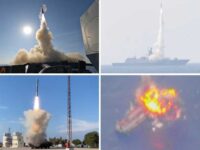
RUSSIA’S Military Drills in Syria: A Powerful Warning to Ukraine
— Russia recently held major military drills around Syria, showing off its naval and air strength. The exercises involved 1,000 personnel, ten ships, and 24 aircraft. This display is seen as support for Syria and a warning to Ukraine.
The Kremlin called the drills “joint” operations that follow international law. Footage showed modern frigates like Admiral Gorshkov with older Syrian missile boats. Russia also tested its Oniks anti-ship cruise missile during these exercises.
A key moment was the launch of a Zircon hypersonic cruise missile from a frigate, praised by President Putin as a “superweapon.” The Zircon can target ships and land installations. Moscow said another launch from the submarine Novorossiysk involved a Kalibir missile, used often against Ukraine.
These missiles worry Kyiv due to their nuclear capabilities and effectiveness in warfare. Ukraine keeps a close watch on Russian Kalibir-capable ships in the Black Sea as part of its defense strategy against Russian aggression.

— China Prepares for Key Week Amid US Elections and Stimulus Anticipation Markets are closely watching as China braces for significant developments related to the upcoming US elections and potential economic stimulus announcements
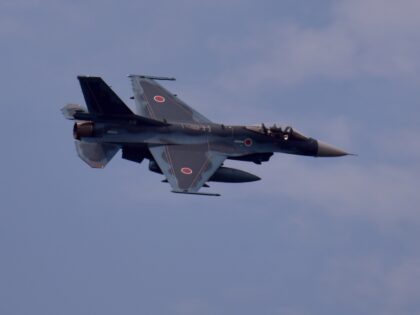
NEW FIGHTER JET Program Aims to Counter China and Russia Threats
— Japan, the U.K., and Italy are teaming up to create a new combat aircraft by 2035 under the Global Combat Air Program (GCAP). This project aims to strengthen defense against threats from China, Russia, and North Korea. The advanced stealth fighter will replace Japan’s F-2s and Eurofighter Typhoons.
Japanese Defense Minister Gen Nakatani announced the creation of the GCAP International Government Organization (GIGO) by year’s end. GIGO will manage aircraft development from its base in the U.K., led by a Japanese official. This announcement came after a meeting with his U.K. and Italian counterparts at the Group of Seven defense ministers meeting in Naples, Italy.
Private companies like Japan’s Mitsubishi Heavy Industries, Britain’s BAE Systems PLC, and Italy’s Leonardo are part of this effort. Nakatani confirmed that GIGO is on track to sign its first contract next year despite leadership changes in Japan and the U.K. This partnership highlights a commitment to boosting military capabilities amid global security concerns.

— China SLAMS US for Expanding Export Control List, Promises Retaliation The Chinese government has criticized the United States for adding more companies to its export control list and has vowed to take countermeasures
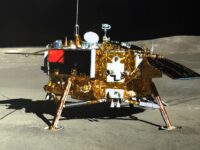
CHINA’S Moon Landing: A Bold Step in Space Race
— China’s space program reached a major milestone by landing a module on the moon’s far side. The lander touched down at 6:23 a.m. Beijing time in the South Pole-Aitken Basin, according to the China National Space Administration. This mission is China’s sixth in its moon exploration program, aiming to compete with the United States, Japan, and India.
The mission involves using a mechanical arm and drill to gather up to 2 kilograms of surface and underground material over two days. An ascender will then transfer these samples to another module orbiting the moon, which will return them to Earth by June 25. The samples are expected to land in China’s Inner Mongolia region.
Landing on the far side of the moon presents unique challenges due to lack of direct communication and difficult terrain. Neil Melville-Kenney from the European Space Agency noted that automation is particularly challenging at high latitudes because long shadows can confuse landers. Despite these difficulties, China continues its ambitious plans with an eye on putting a person on the moon by 2030, making it only the second country after America to achieve this feat.
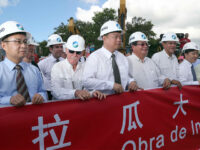
CHINA’S Failed Nicaragua Canal: A Symbol of Lost Ambitions
— The Interoceanic Grand Canal, also known as the Nicaragua Canal, was a bold initiative intended to link the Atlantic and Pacific Oceans via Central America’s largest lake. Daniel Ortega’s government in Nicaragua promoted this $50 billion project as a competitor to the Panama Canal. It also risked boosting China’s influence in the region with a 50-year lease given to HKND Group, led by Chinese tycoon Wang Jing.
Despite breaking ground in December 2014 amid much celebration, no substantial progress ensued. Wang Jing saw his wealth plummet by 85% shortly thereafter. By 2021, he and his company were ousted from the Shanghai Stock Exchange due to unethical practices, signaling a sharp fall from their lofty ambitions.
Following these setbacks, Nicaragua’s National Assembly enacted legal reforms at Ortega’s behest. They annulled previous laws that had granted canal concessions and declared these changes essential for “strengthening” Nicaragua’s legal framework for improved national governance. Critics suggest these actions were mere attempts to recover dignity following an embarrassing failure
In sum, while initially seen as a strategic geopolitical move and economic boon for Nicaragua, the failed canal project has instead become emblematic of overreach and mismanagement under Ortega’s rule.
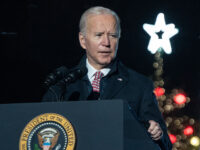
TIME to STOP Iran’s Terror Funding: The Unholy Alliance Exposed
— The current geopolitical landscape has raised serious concerns, according to a recent statement by Lawler. He drew attention to an emerging alliance between China, Russia, and Iran that is becoming increasingly visible. Notably, he identified China as the largest consumer of Iranian petroleum. These sales are providing financial support for dangerous terrorist groups.
Lawler stressed the need for immediate action against Iran in response to over 150 attacks on U.S. military bases and personnel since October 7. Tragically, these assaults have resulted in three servicemembers losing their lives. He called on the administration for a decisive response against Iran.
A bipartisan bill designed to curb illegal funds supporting terrorism was approved in the House after October 7 but has hit a roadblock in the Senate. Lawler urged both Senate and administration officials to advance this bill as part of a comprehensive strategy against these threats.
Lawler believes that an effective response should not only be military or diplomatic but also economic: cutting off funding at its roots. This multi-pronged approach is essential for effectively fighting terrorism.

— China Reassures Ukraine of Non-Escalation, Eases Tensions in Eastern Europe Chinese President Xi Jinping assures Ukrainian President Volodymyr Zelenskyy that China will not escalate the situation in Ukraine, reducing tensions in the region
PROJECT DYNAMO Gears Up for Heroic Rescues in Taiwan and China Amid Rising Tensions
— Project Dynamo, a nonprofit dedicated to saving endangered Americans overseas, is gearing up for possible rescue missions in Taiwan and mainland China. The move comes as worries intensify over Beijing’s military upgrades, nuclear growth, and aggressive stance towards Taiwan. China regards Taiwan as a rebellious province and has made threats of forceful annexation.
Established by former U.S. military and intelligence officers in August 2021, Project Dynamo initially concentrated on rescuing Americans stranded in Afghanistan after the U.S. military pullout. Since then, the organization has broadened its reach globally to assist Americans who were not part of the U.S. military’s rescue plan.
Bryan Stern, a combat veteran and founder of Project Dynamo conveyed that while it’s unclear if they’ll conduct rescue operations in both mainland China and Taiwan, they are ready for any scenario. Stern stressed that there are more Americans living in China than Taiwan, making their safety just as crucial.
Project Dynamo has named potential rescues in Taiwan and China “Marco Polo”. Operating solely on donations without government support, the group has saved over 6,000 people from various worldwide crises within less than three years of operation.
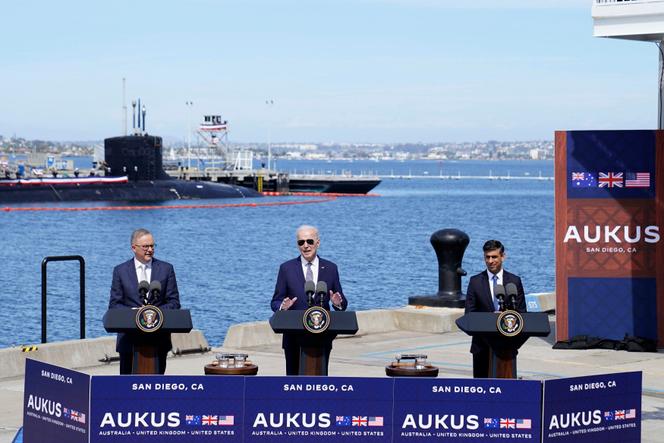
NEW ZEALAND’S Bold Move: Eying Aukus Partnership for Stronger Defense Ties with Australia
— New Zealand’s Prime Minister, Christopher Luxon, is contemplating a strategic move. He’s considering joining the AUKUS partnership to strengthen defense ties with Australia. The AUKUS agreement is a tripartite pact between Australia, the United Kingdom, and the United States. It aims to counteract China’s expanding military influence.
Since his election in October, Luxon made his first overseas visit to Australia. There he and Australian Prime Minister Anthony Albanese agreed on aligning their defense strategies. To coordinate these efforts further, their foreign ministers are set to meet in 2024.
Luxon has expressed particular interest in “AUKUS Pillar 2”. This pillar emphasizes developing and sharing advanced military capabilities like artificial intelligence and electronic warfare systems. Luxon believes that this partnership could be a catalyst for stability and peace within the region.
The U.S. and Britain have already committed to providing Australia with U.S.-powered nuclear submarines under the AUKUS agreement. If New Zealand joins this alliance, it could potentially fortify this tripartite pact against China’s growing regional power.
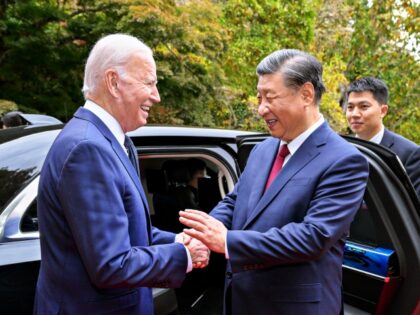
Bipartisan Committee CALLS for END of China’s Trade Status: A Potential Jolt to US Economy
— A bipartisan committee, led by Rep. Mike Gallagher (R-WI) and Rep. Raja Krishnamoorthi (D-IL), has been studying the economic effects of China on the US for a year. The investigation centered on job market changes, manufacturing shifts, and national security concerns since China joined the World Trade Organization (WTO) in 2001.
The committee released a report this Tuesday recommending President Joe Biden’s administration and Congress to implement nearly 150 policies to counteract China’s economic influence. One significant suggestion is to cancel China’s permanent normal trade relations status (PNTR) with the U.S., a status endorsed by former President George W. Bush in 2001.
The report argues that granting PNTR to China did not bring anticipated benefits for the US or trigger expected reforms in China. It asserts that this has led to a loss of vital U.S. economic leverage and inflicted damage on U.S industry, workers, and manufacturers due to unfair trade practices.
The committee proposes shifting China into a new tariff category that reinstates U.S economic leverage while reducing dependence on Chinese

Video
CHINA’S Aggression in South China Sea: US Allies on Edge
— China is ramping up aggressive actions near the Philippines, pushing boundaries that could compel U.S. intervention under treaty obligations. Andrew J. Masigan, a consultant to MEMRI’s Chinese Media Studies project, told Fox News Digital that Beijing’s provocations are deliberate attempts to justify further escalation.
Masigan emphasized that the Philippines will not be baited into conflict and will adhere to international law while bolstering alliances with the U.S., Australia, Japan, Taiwan, Vietnam, and Malaysia. Philippine Defense Secretary Gilberto Teodoro Jr. criticized China’s territorial claims in the South China Sea as turning it into a "Lake of China.
Philippine President Ferdinand Marcos Jr. highlighted the global stakes involved, noting that half of the world’s trade passes through these waters and stressing that regional stability is a global concern. Since late 2023, China has intensified its harassment of Philippine vessels using military-grade lasers and water cannons among other aggressive tactics.
China’s People’s Liberation Army Navy now boasts the largest fleet of active warships globally, while its Coast Guard has significantly increased confrontations with Filipino fishermen and Coast Guard ships using armed vessels and maritime militias equipped by the Chinese military.
More Videos
Invalid Query
The keyword entered was invalid, or we couldn't gather enough relevant information to construct a thread. Try checking the spelling or entering a broader search term. Often simple one-word terms are enough for our algorithms to build a detailed thread on the topic. Longer multi-word terms will refine the search but create a narrower information thread.
Politics
The latest uncensored news and conservative opinions in US, UK, and global politics.
get the latestLaw
In-depth legal analysis of the latest trials and crime stories from around the world.
get the latest

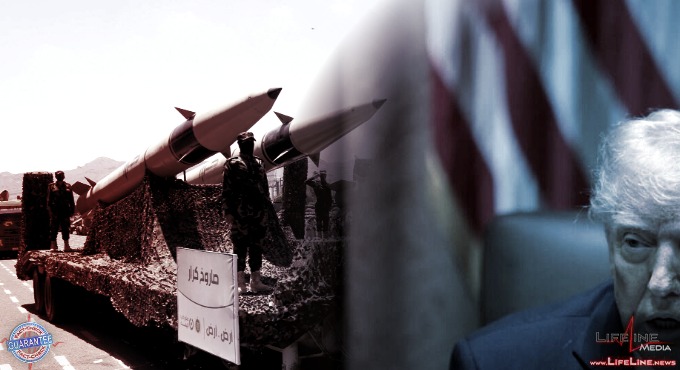
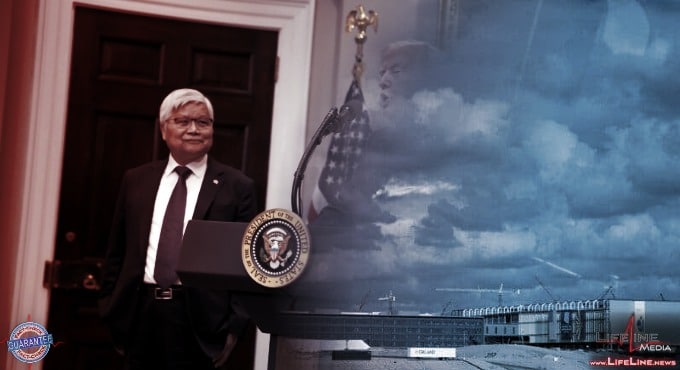

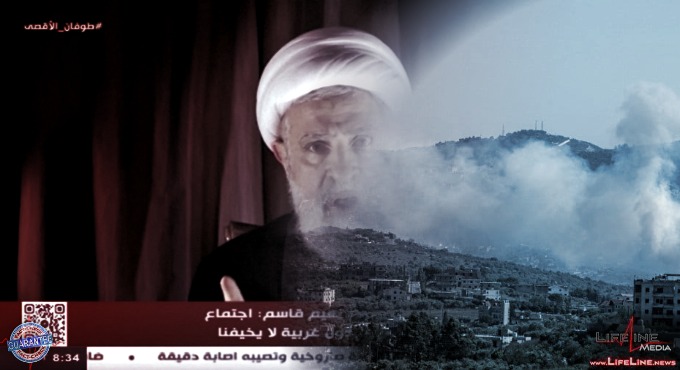





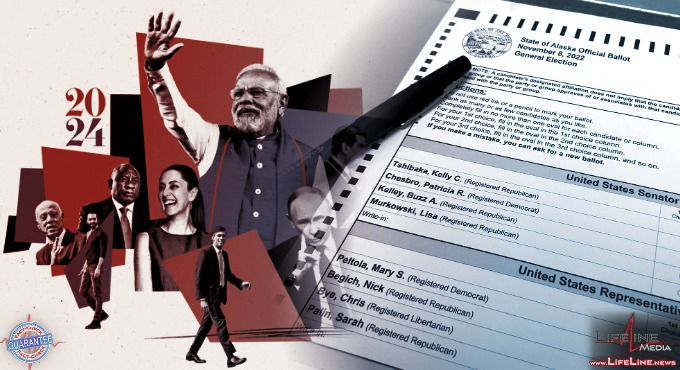



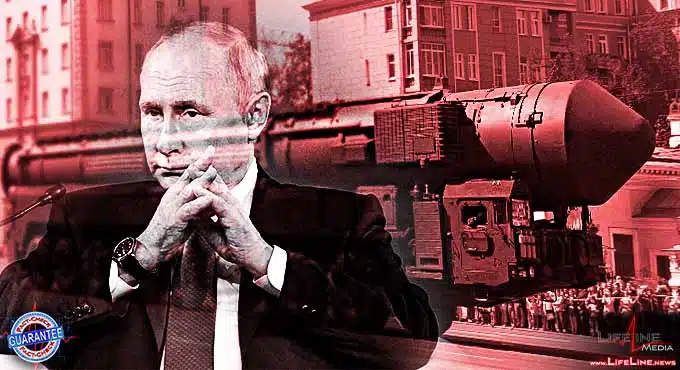
Social Chatter
What the World is SayingChina’s shocking DeepSeek AI pops US Big Tech monopoly bubble Chinese AI company DeepSeek shocked the West with a groundbreaking open-source artificial intelligence model that beats huge Silicon Valley Big Tech monopolies. Is the US stock market bubble popping? By Ben Norton China is making enormous...
. . .I asked a senior NATO official about this. They said: “we still don’t see actual weapons from China going into Russia.” They said they could not confirm any transfer let alone one approved...
. . .india overtakes China in MSCI Emerging Markets index | DD India. india overtakes China in MSCI Emerging Markets index | DD India DD India is India's 24x7 international news channel from the stable of the country's Public Service Broadcaster, Prasar Bharati.
. . .india overtakes China in MSCI Emerging Markets index | DD India. india overtakes China in MSCI Emerging Markets index | DD India DD India is India's 24x7 international news channel from the stable of the country's Public Service Broadcaster, Prasar Bharati.
. . .Ukraine is a U.S. interest. But not worth direct U.S. intervention, as I’ve argued from the beginning. Taiwan is, if defensible. We must be prepared for any war with Russia or China to go...
. . .